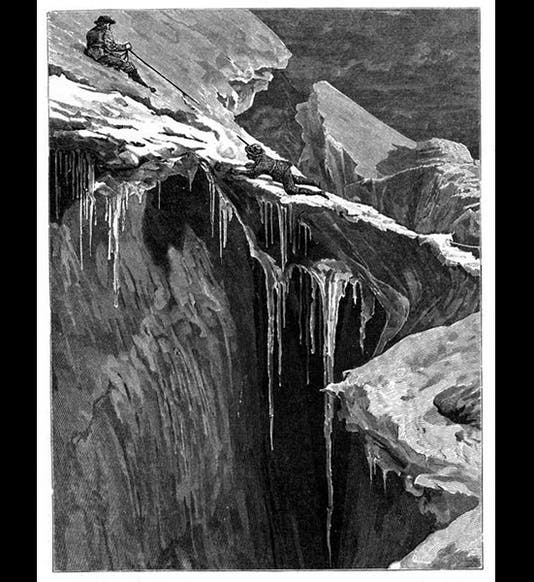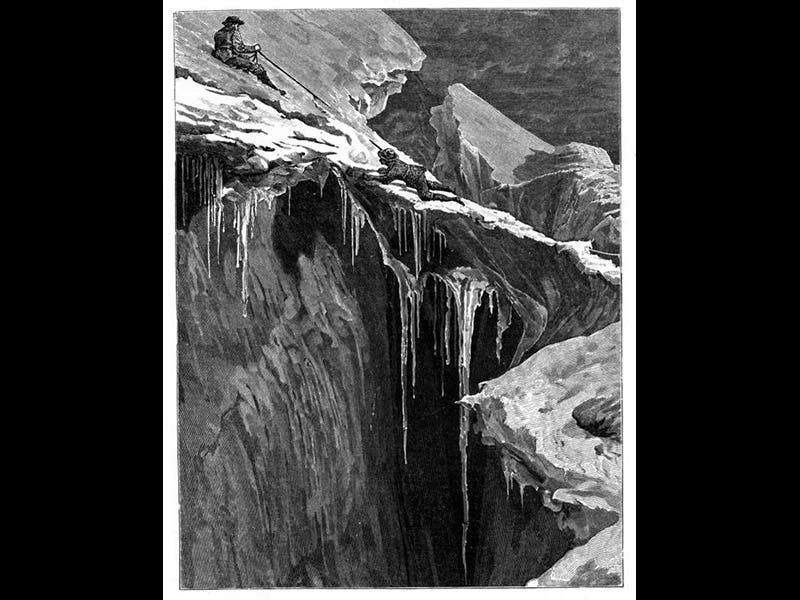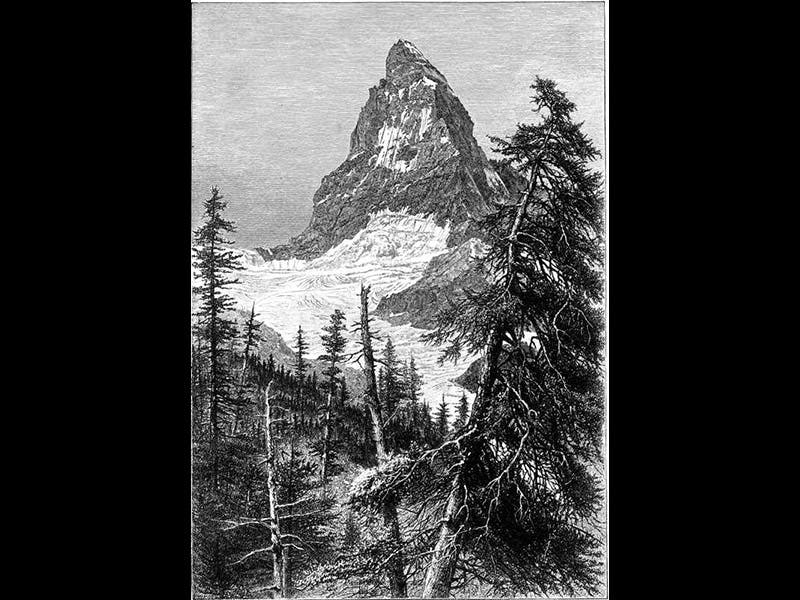Scientist of the Day - Edward Whymper
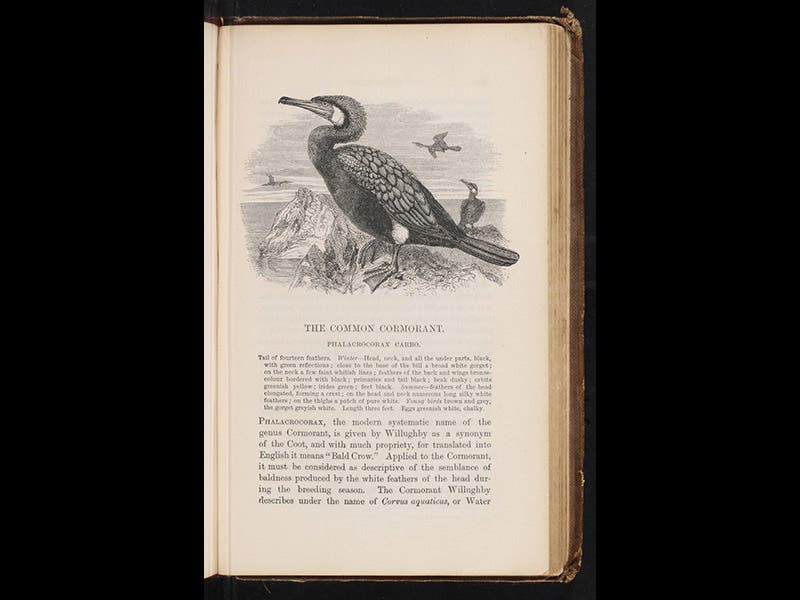
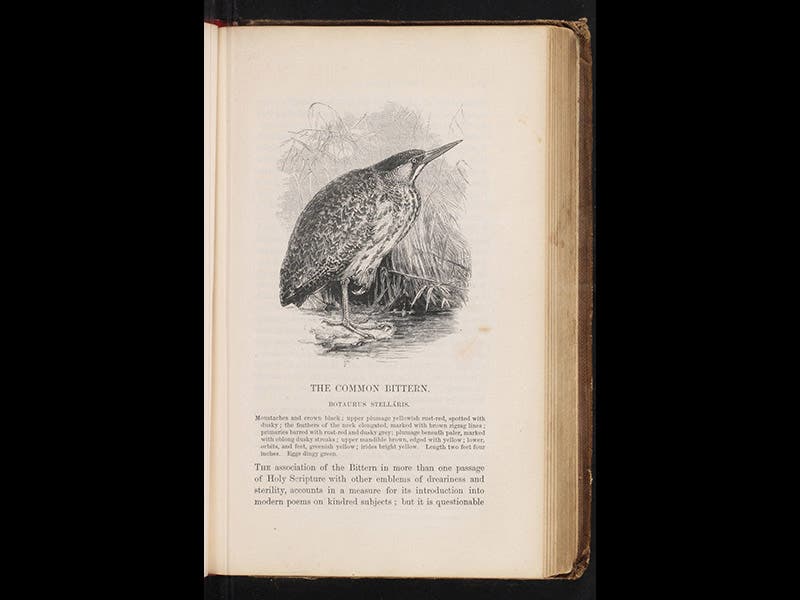
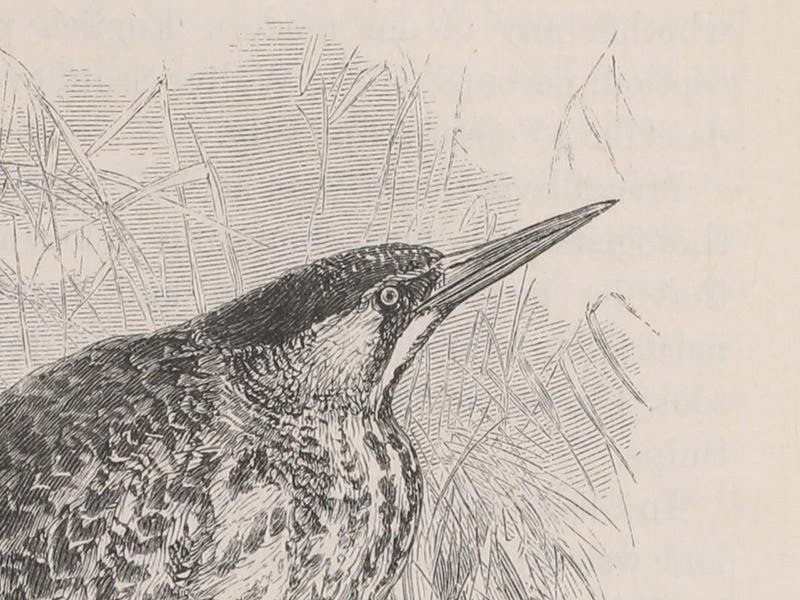
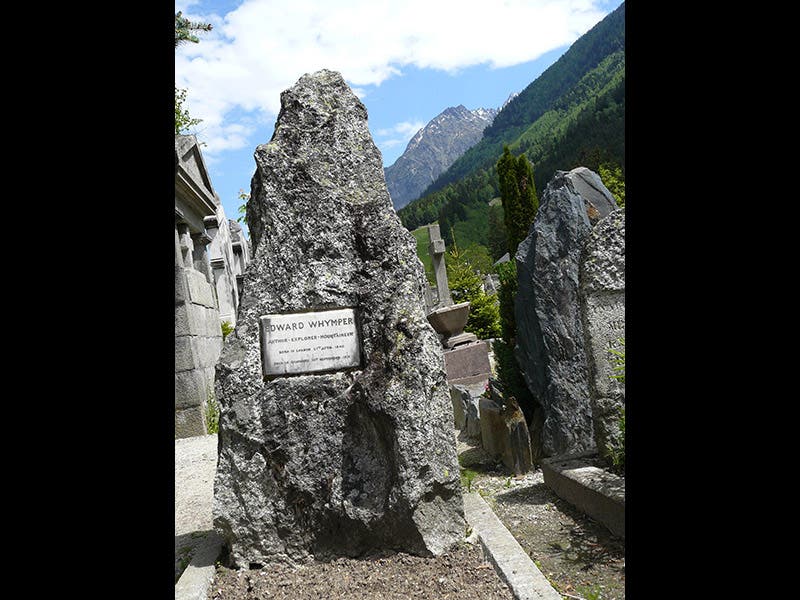
Edward Whymper, an English wood engraver and alpinist, was born Apr. 27, 1840. His father Josiah was an expert wood engraver, and Whymper and his two brothers were well-trained in the art. Somewhere along the line, Edward got interested in mountain climbing. The period from 1854 to 1865 has been called the "golden age of alpinism”, when nearly all of the major peaks in the Alps were successfully climbed, mostly by members of the Alpine Club of London, the world's first mountain-climbing organization. Whymper made his name by being the first to scale the forbidding Matterhorn in 1865, beating out his principal rival, the famous physicist John Tyndall. Unfortunately, four of his party died on the descent, sliding off into a crevasse, and only a broken rope saved Whymper from the same fate, a tragedy that haunted Whymper to the end of his days. Whymper later wrote a book about his alpine adventures, The Ascent of the Matterhorn (1880), chock full of images drawn by himself, including the crossing of a crevasse (first image), and the Matterhorn itself (second image). This book is not in our collection.
When he wasn’t climbing mountains or writing books about them, Whymper earned his keep by doing wood engravings for nature books. We have one book in the Library, Life and Habits of Wild Animals (1877), with engravings done by all four Whympers, but not too long ago, we acquired another, British Birds in their Haunts (1862), by Charles Johns, with the illustrations based on drawings by Joseph Wolf and engraved on wood by Edward alone. You can see some of Whymper’s handiwork above: a cormorant (third image) and the common bittern (fourth image). We also include a detail of the bittern, so you can appreciate how much detail can be packed into a wood engraving by someone as skilled as Whymper (fifth image).
Whymper died at Chamonix, the French village below Mont Blanc, in 1911, when he was 71, and he was buried there, under a rough-hewn gravestone that suits him well (sixth image).
Dr. William B. Ashworth, Jr., Consultant for the History of Science, Linda Hall Library and Associate Professor, Department of History, University of Missouri-Kansas City. Comments or corrections are welcome; please direct to ashworthw@umkc.edu.

